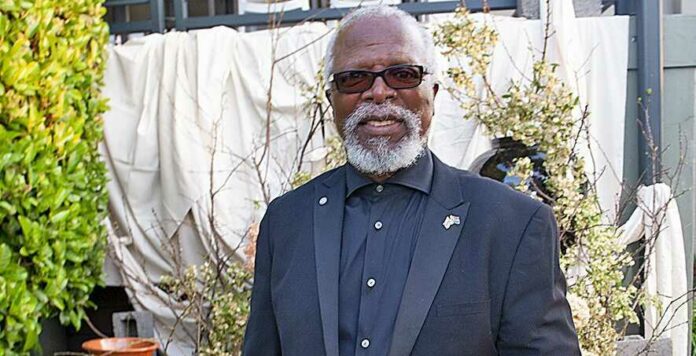Freedom is a luxury but it surely is not selfish, and this translates to everyone deserving of freedom, says revered playwright, author, actor and theatre legend John Kani.
The renowned thespian is bringing August Wilson’s Fences to the local theatres to highlight challenges faced by black people not only in America, but across the world.
The stage play opens at The Joburg Theatre, Braamfontein, on February 2 in celebration of Black History Month, mainly celebrated in the US, where Kani broke several barriers by speaking isiXhosa when he was cast to play King T’Chaka, the ruler of a fictional country called Wakanda, in the blockbuster movie Black Panther in 2018.
Kani told Sunday World racial bigotry across the globe was far from over. Black people were still seen as slaves, or as persons undeserving of human rights, based on their skin colour.
“Racism, especially in South Africa, is a battle we would fight for decades to come – maybe 50 years and more. This is because you meet racism everywhere and it acts as a blockage to what a person can do. If there was never racism, I believe black people would have explored their talents to the fullest of their wildest dreams, and the black nation would have been celebrated as it should,” says Kani.
The play, set in the 50s, zooms into the life of a man who never got to fulfil his sporting dreams because he was denied an opportunity to play in major league basketball regardless of his talent.
Troy, played by Kani, has had to find alternatives to feed his family. He later broke the race barrier as he became the first black truck driver in the company that employed him.
“This is a family drama and unlike many dramas, it tells the story of a united family during the toughest times when race was a barrier everywhere. He was good in basketball but never got a chance to play in a league that would pay him better for his excellent talent and the work he put in.
“But he needs to keep the family afloat and he does just that, with the family as his support structure. However, things got so bad when his son, Cory, tells him about an opportunity for a college football scholarship.
“This reminded him about his past experiences, and he was totally against the idea because he believed that they would not give his son a chance in big leagues and would rather bench him throughout,” says Kani.
Kani says this moment caused him to reflect on his personal experiences. The challenges in the industry almost made him deny his son, Athandwa, known as T’Chaka on Black Panther, an opportunity into the art space.
His worries were not so much around racism, but the thoughts that they would not appreciate his son for who he is, but always see him as “John Kani’s child”.
“However, I felt I would be denying my child the freedom I wish for everyone else, and this would be a dark sin. As a human being he deserves a chance at things he believes he can do well. Even if he failed, he would know he gave it a try. You will never know how good you are unless you are granted an opportunity to try. Racism shuts all doors,” he says.
Kani says freedom is not a selfish decision and can only be freedom when one is also concerned about the freedom of others. He says he believed change would feel instant but realised over the years that people should work together to bring about freedom to everyone.
“I was 51 years old when I placed my cross on the voting ballot and thought I would wake up to a new South Africa. So, immediately after leaving the ballot box, I felt some fresh breeze but even today we fight for the right of being,” says Kani.
Follow @SundayWorldZA on Twitter and @sundayworldza on Instagram, or like our Facebook Page, Sunday World, by clicking here for the latest breaking news in South Africa. To Subscribe to Sunday World, click here




